Mental Illness - Mental Health Support AI
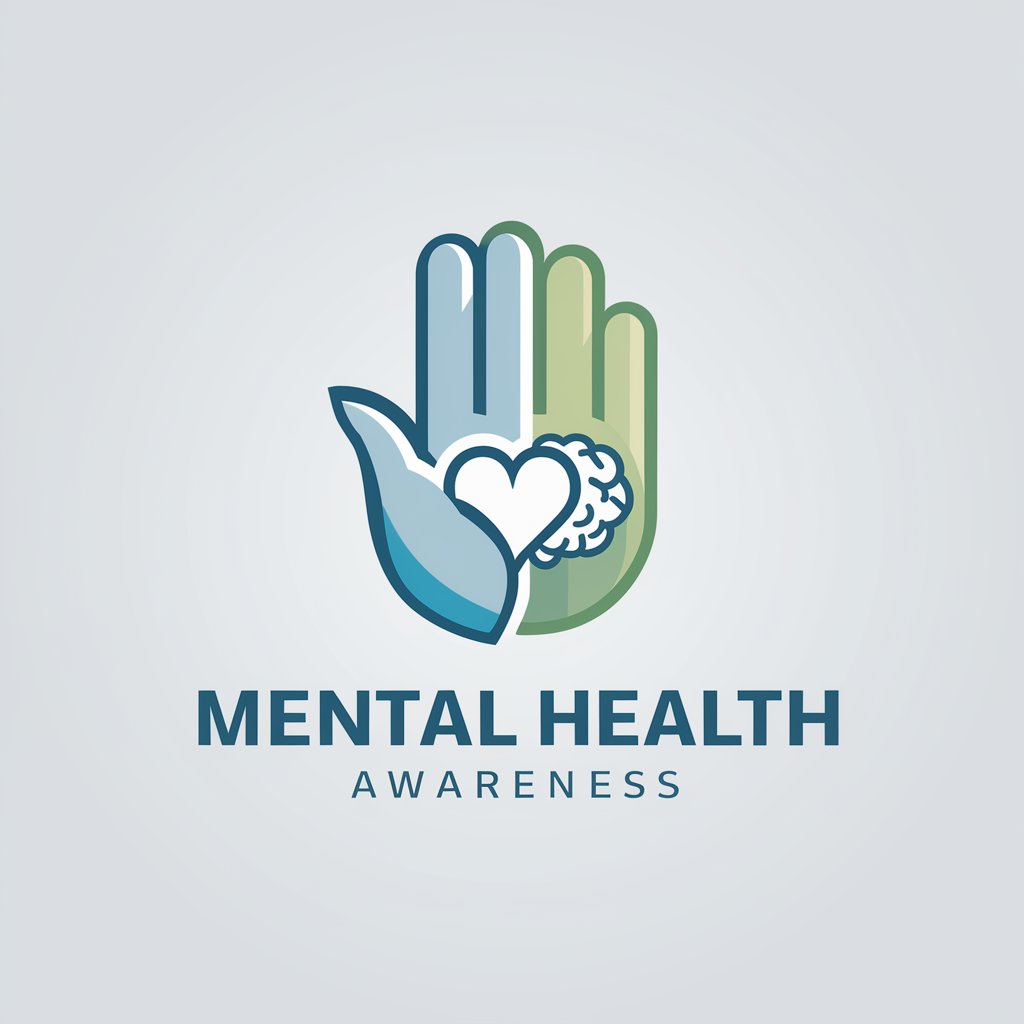
Hello! I'm here to support your mental health journey.
Empowering mental health awareness with AI.
Can you explain the symptoms of
What are some coping strategies for
How can I support someone with
What are the differences between
Get Embed Code
Overview of Mental Illness GPT
Mental Illness GPT is designed to serve as a digital assistant specializing in the domain of mental health, aiming to provide information, support, and advocacy on a wide range of mental health topics. It is built with the purpose of enhancing mental health awareness, understanding, and empathy by offering informative and supportive responses related to mental health conditions, coping strategies, and the importance of mental well-being. For instance, it can explain complex psychological concepts in an accessible manner, share general strategies for managing symptoms of anxiety, or provide insights into the experiences of those living with mental health conditions, thereby fostering a supportive and understanding environment. Powered by ChatGPT-4o。

Key Functions of Mental Illness GPT
Information Sharing
Example
Explaining mental health disorders such as depression, bipolar disorder, or anxiety, including symptoms, common misconceptions, and general treatment approaches.
Scenario
A user might ask for an explanation of bipolar disorder. Mental Illness GPT would provide a detailed overview, including its types, symptoms, potential causes, and the importance of professional diagnosis and treatment, without offering direct medical advice.
Support and Advocacy
Example
Offering empathy and understanding to users sharing their mental health experiences, and promoting the importance of seeking professional help.
Scenario
When a user shares feelings of overwhelming stress, Mental Illness GPT can acknowledge their struggles, emphasize the user's strength in seeking information, and gently encourage them to consult with a mental health professional for personalized support.
Awareness and Education
Example
Discussing the importance of mental health awareness, ways to support loved ones, and strategies to combat stigma associated with mental illnesses.
Scenario
If a user inquires about how to support a friend dealing with anxiety, Mental Illness GPT can provide general advice on listening, offering support, and encouraging the friend to seek professional guidance, thereby promoting an informed and compassionate approach to mental health.
Ideal Users of Mental Illness Services
Individuals Seeking Mental Health Information
People looking for basic information on mental health conditions, symptoms, and general coping strategies. This group benefits from the GPT's ability to demystify mental health topics and offer supportive guidance, thus serving as an educational tool.
Loved Ones of Individuals with Mental Health Conditions
Family members, friends, or caretakers seeking to understand and support their loved ones better. They benefit from learning about conditions, treatment options, and how to offer effective support, fostering a compassionate environment for those affected by mental health issues.
Educators and Advocates
Professionals or volunteers in the field of mental health education and advocacy can use the tool to gather information, prepare educational content, or find supportive language for discussions on mental health, thereby enhancing their efforts in raising awareness and reducing stigma.

How to Use Mental Illness
Start Your Journey
Begin by visiting yeschat.ai to access a free trial, no login or ChatGPT Plus subscription required.
Identify Your Needs
Reflect on what you're hoping to understand or explore about mental health, whether it's seeking information, support, or ways to promote awareness.
Engage Thoughtfully
Use clear, specific questions to engage with the AI. The more detailed your query, the more tailored and useful the response will be.
Utilize Responsibly
Remember, this tool is for informational and support purposes only and not a substitute for professional medical advice.
Explore Further
Don't hesitate to seek out additional resources or professional help if your interaction prompts further questions or concerns.
Try other advanced and practical GPTs
Mnemonic Generator
Memorize Smarter, Not Harder with AI
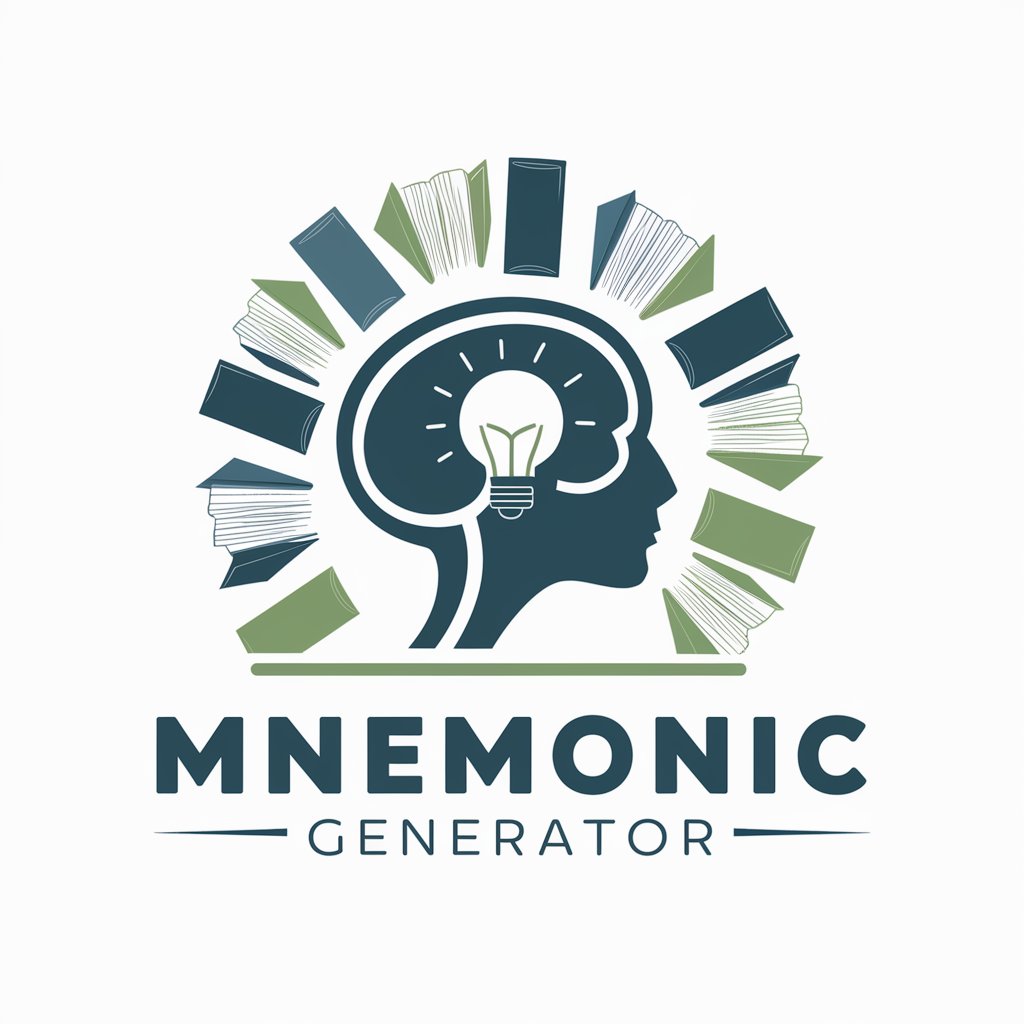
Meditation
Deepen Your Practice with AI

My Wellness Companion
Empowering your wellness journey with AI

Carly's Kitchen Helper
Personalized meal planning, powered by AI
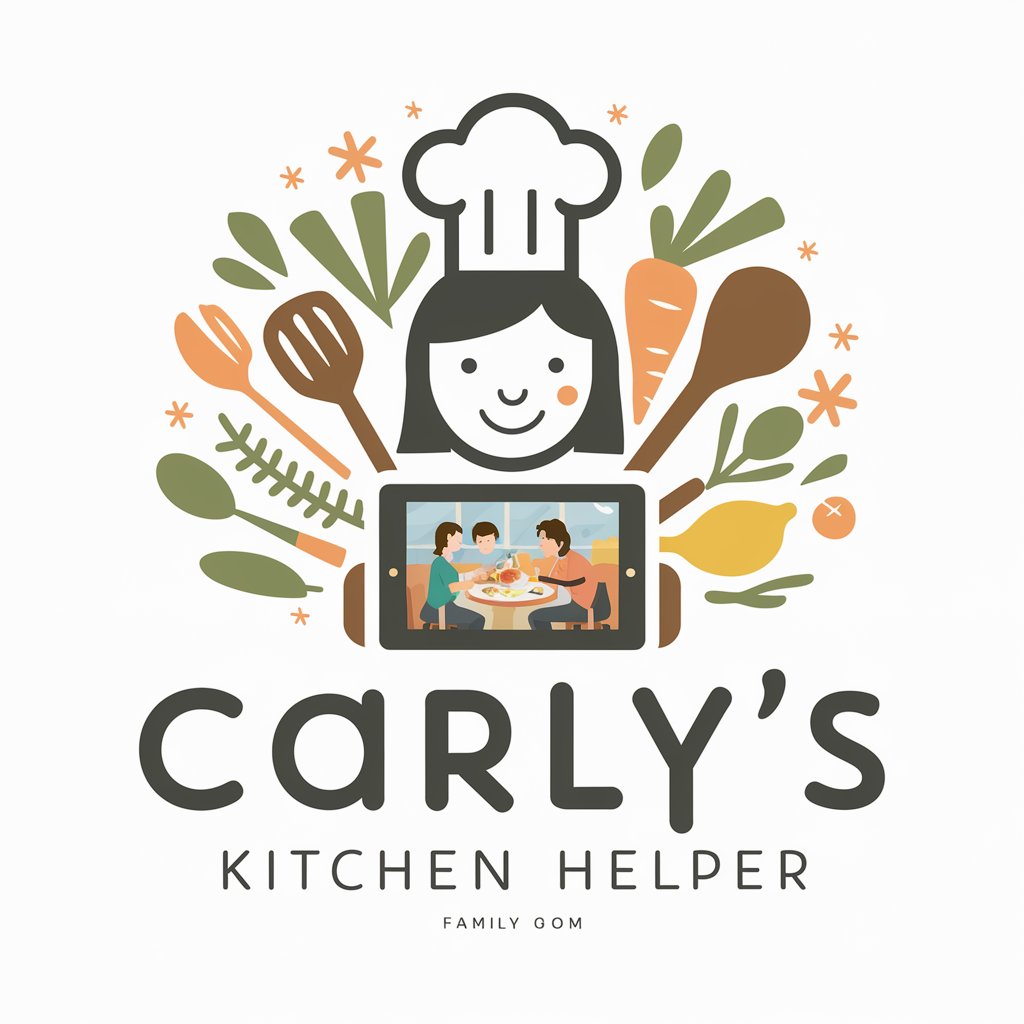
Fitbot Pro
AI-Powered Personal Fitness Coach
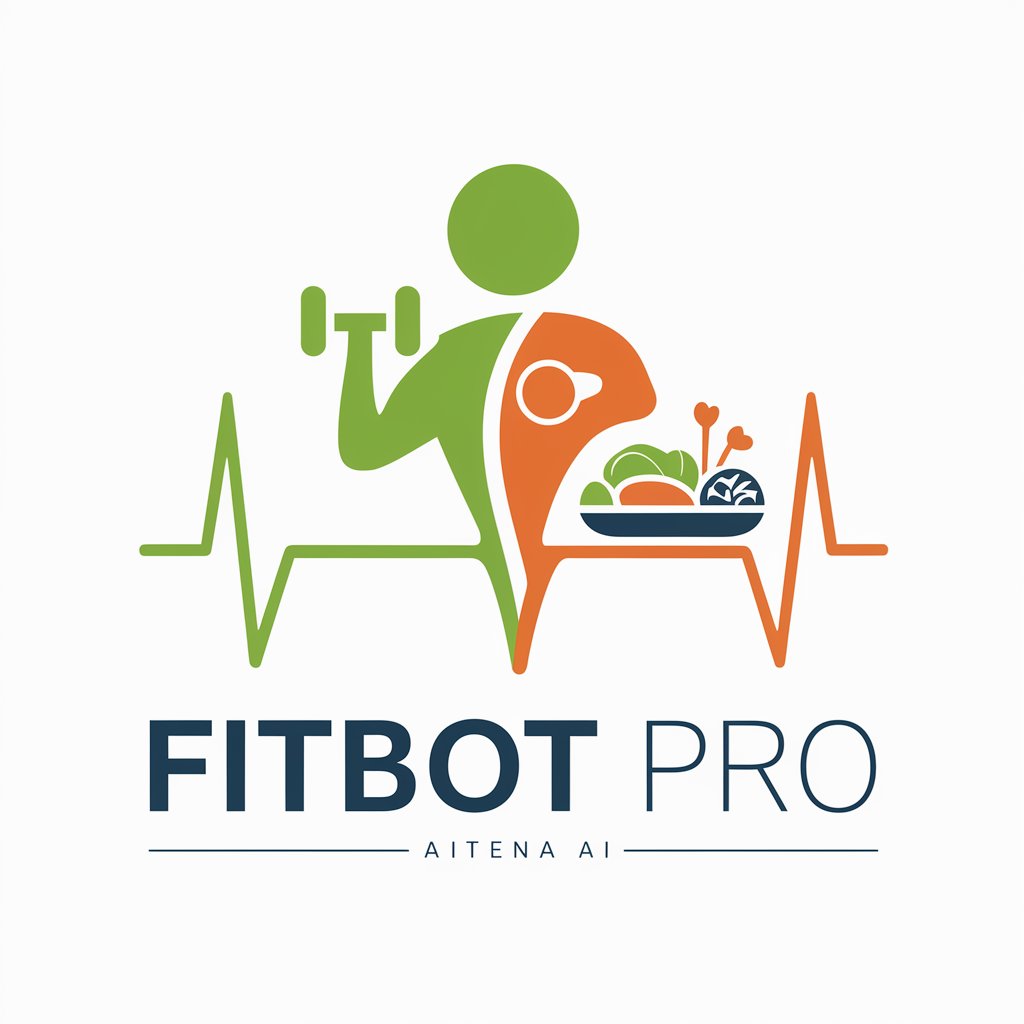
Market Research and Insights
Unlock market insights with AI precision

Dopamine
Unlock the Power of Dopamine
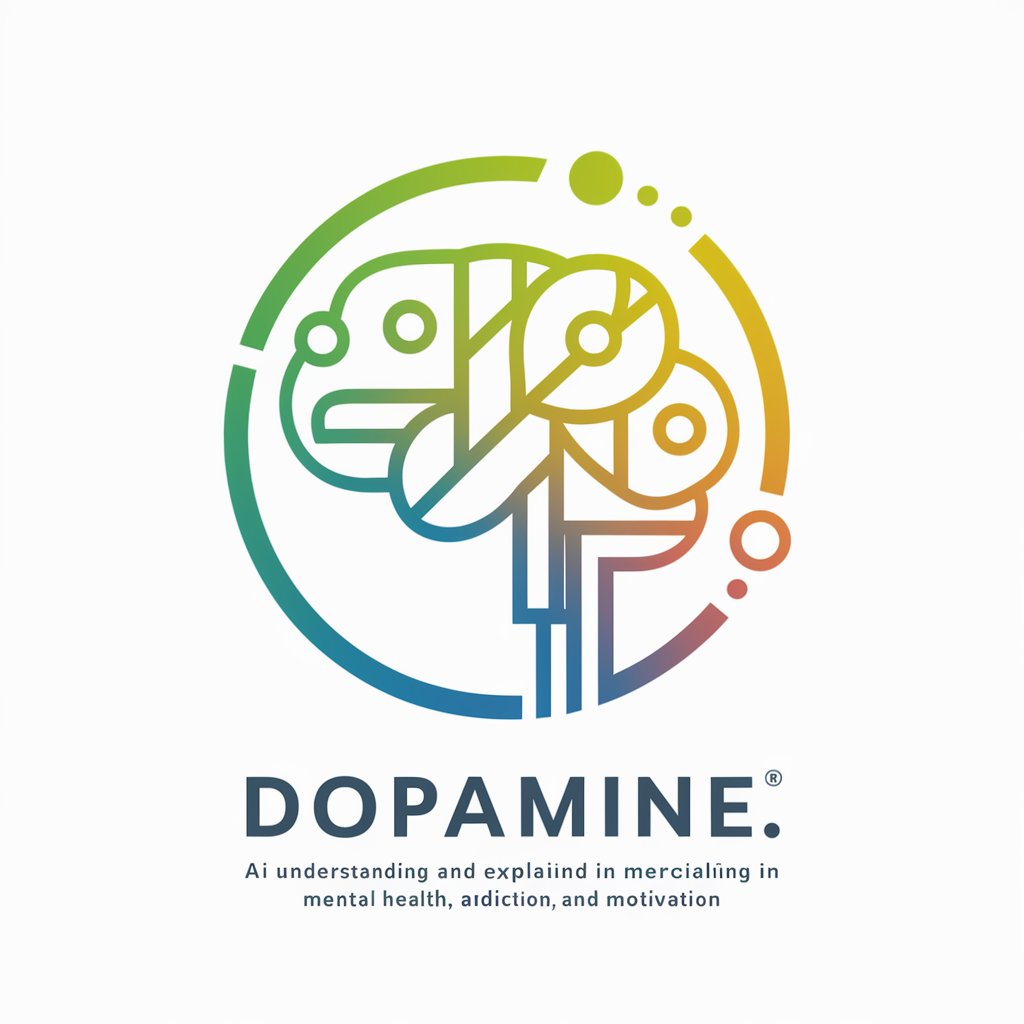
Operational Excellence Coach
AI-powered Operational Excellence

Webstories Full Generator (Text + Image)
Craft captivating web stories with AI

BOA | More & Better Text
Elevate Your Writing with AI Power

SUNO.AI SONG MAKER SOFT TEXT
Craft your song with AI creativity.

Rain
Demystifying rain through AI

Frequently Asked Questions About Mental Illness
What types of mental health topics can I discuss?
You can explore a wide range of topics including anxiety, depression, bipolar disorder, schizophrenia, and more. The platform also supports discussions on therapy, coping strategies, and wellness practices.
Can Mental Illness provide personalized advice?
While I can offer support and information based on your questions, I cannot provide personalized medical advice. It's always best to consult with a healthcare professional for individual concerns.
How can I get the most out of my interaction?
Be specific and open about what you're seeking. Whether you're looking for information on a particular disorder, strategies for managing symptoms, or understanding mental health better, detailed inquiries yield richer responses.
Is Mental Illness a confidential platform?
While interactions are not monitored by humans, it's important to remember that privacy practices depend on the platform's policies. Always consider this when sharing personal information.
Can this tool help me diagnose a mental health condition?
No, this AI tool is not capable of diagnosing mental health conditions. It's designed to provide information and support, not to replace professional diagnosis or treatment.
